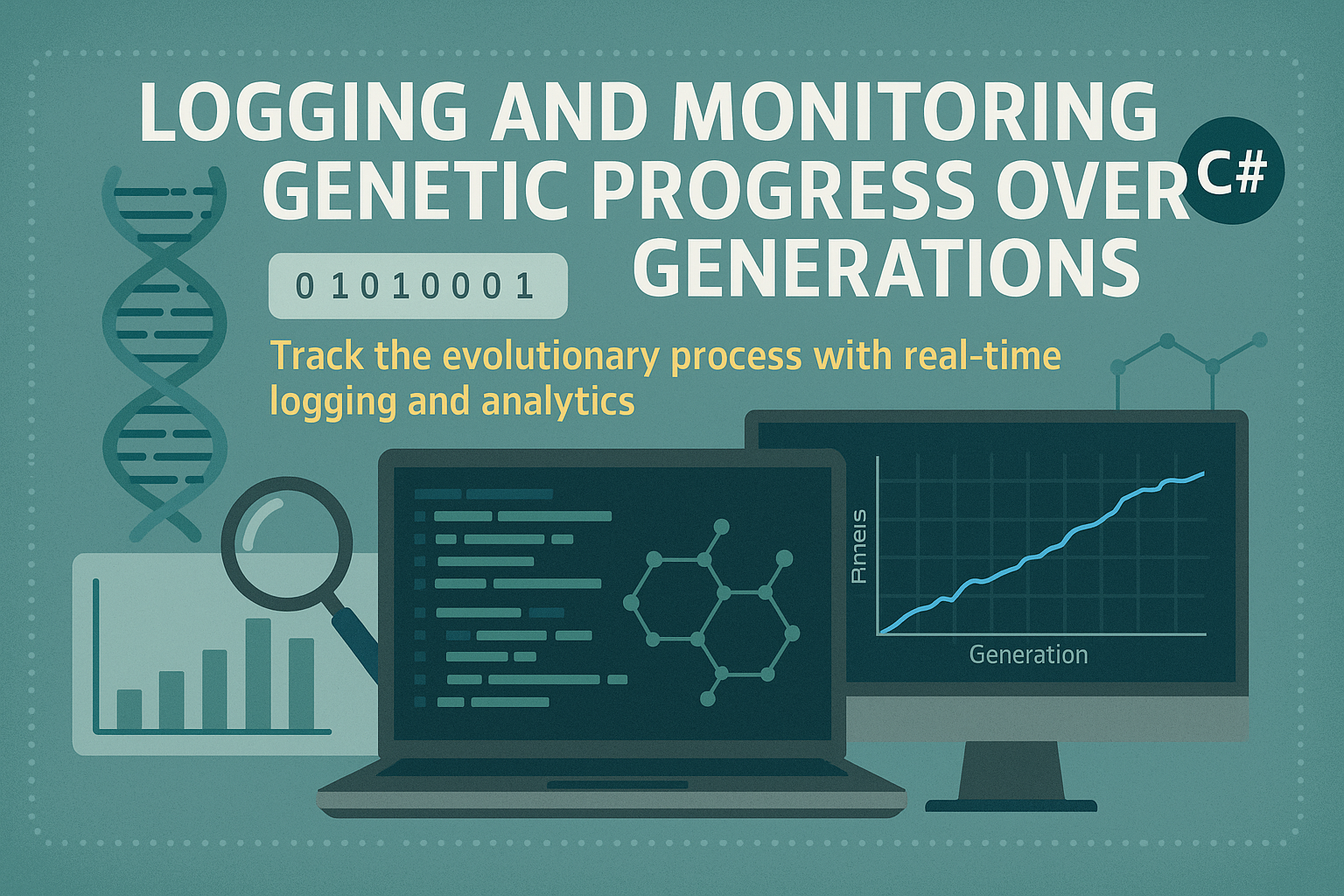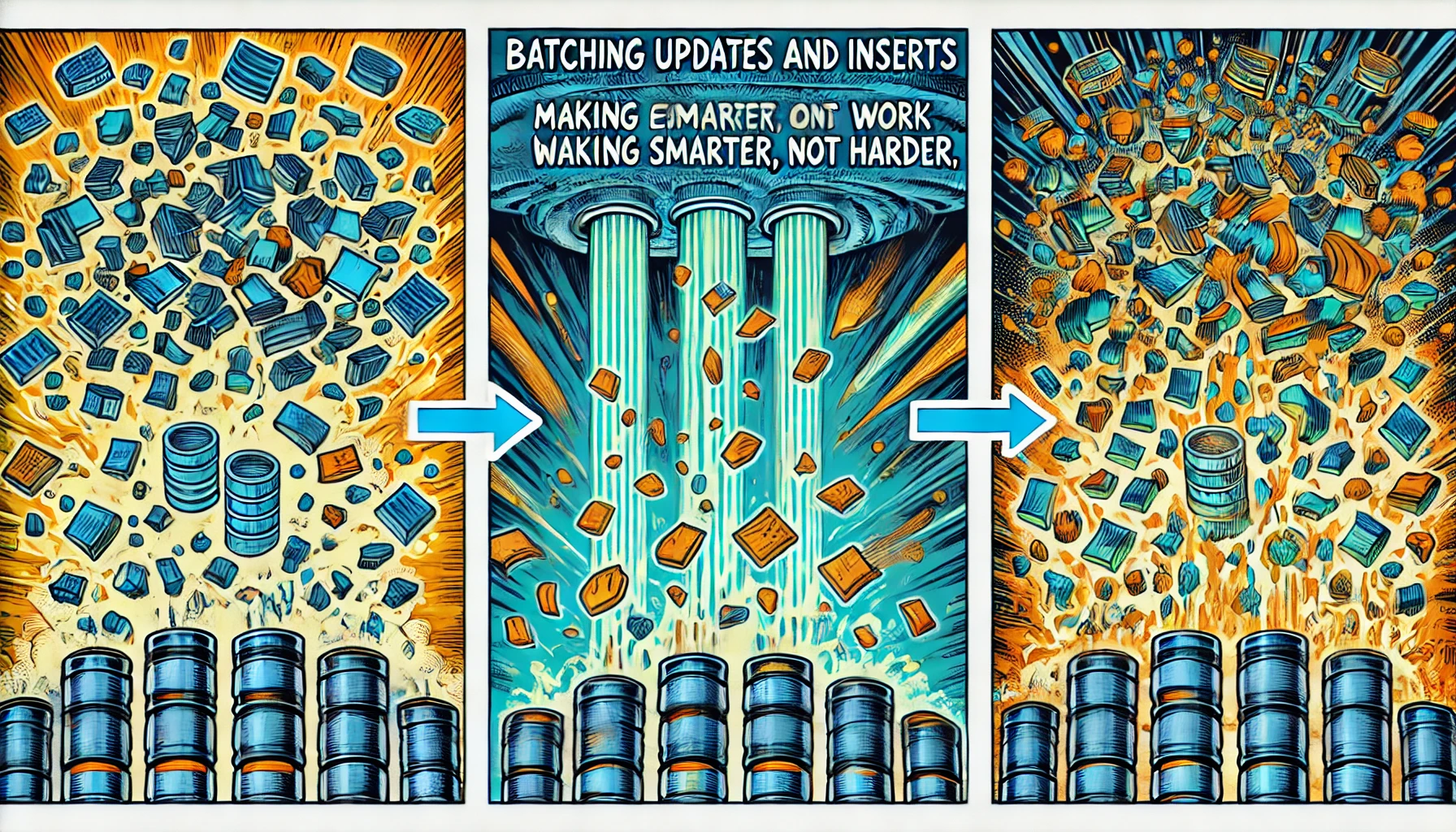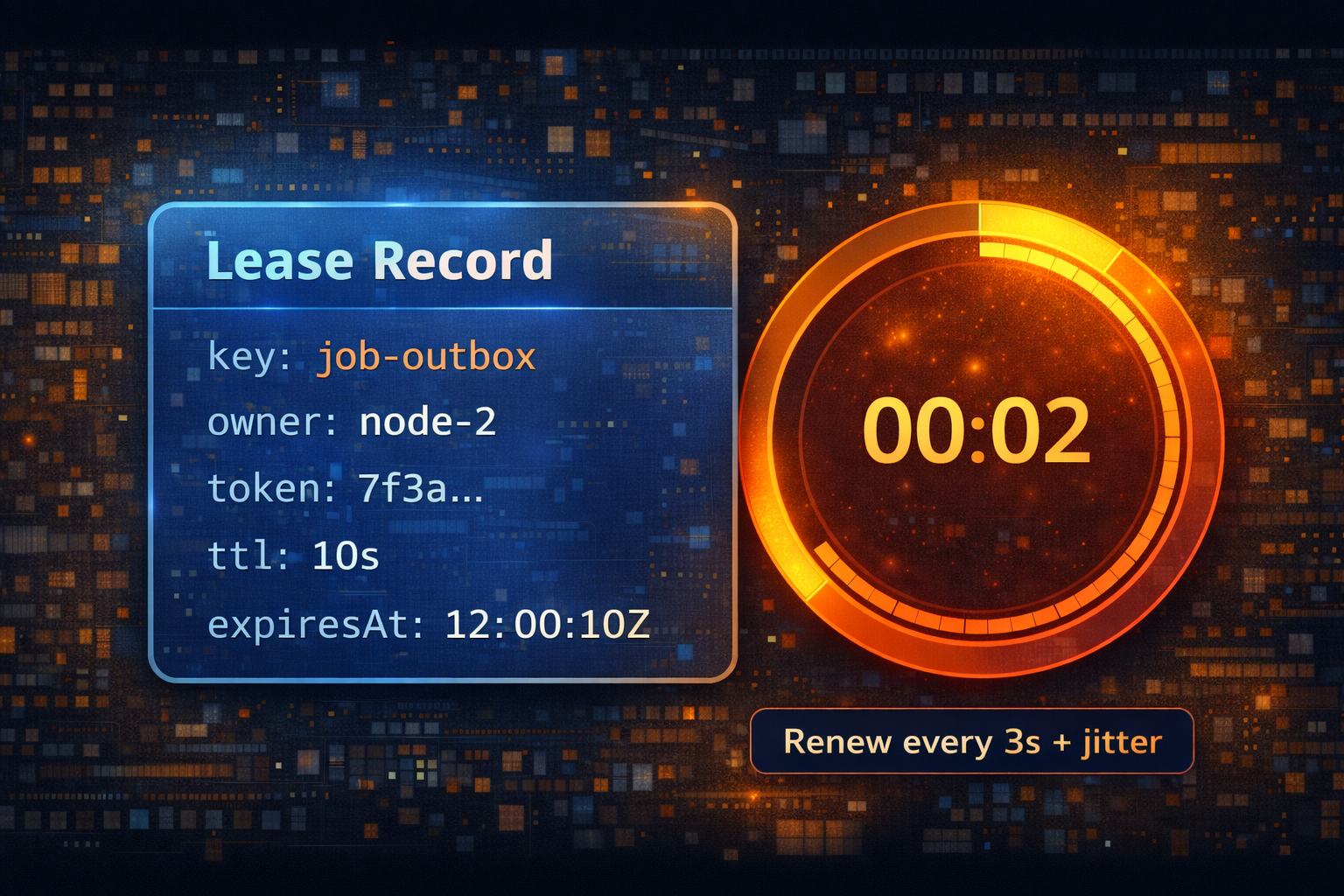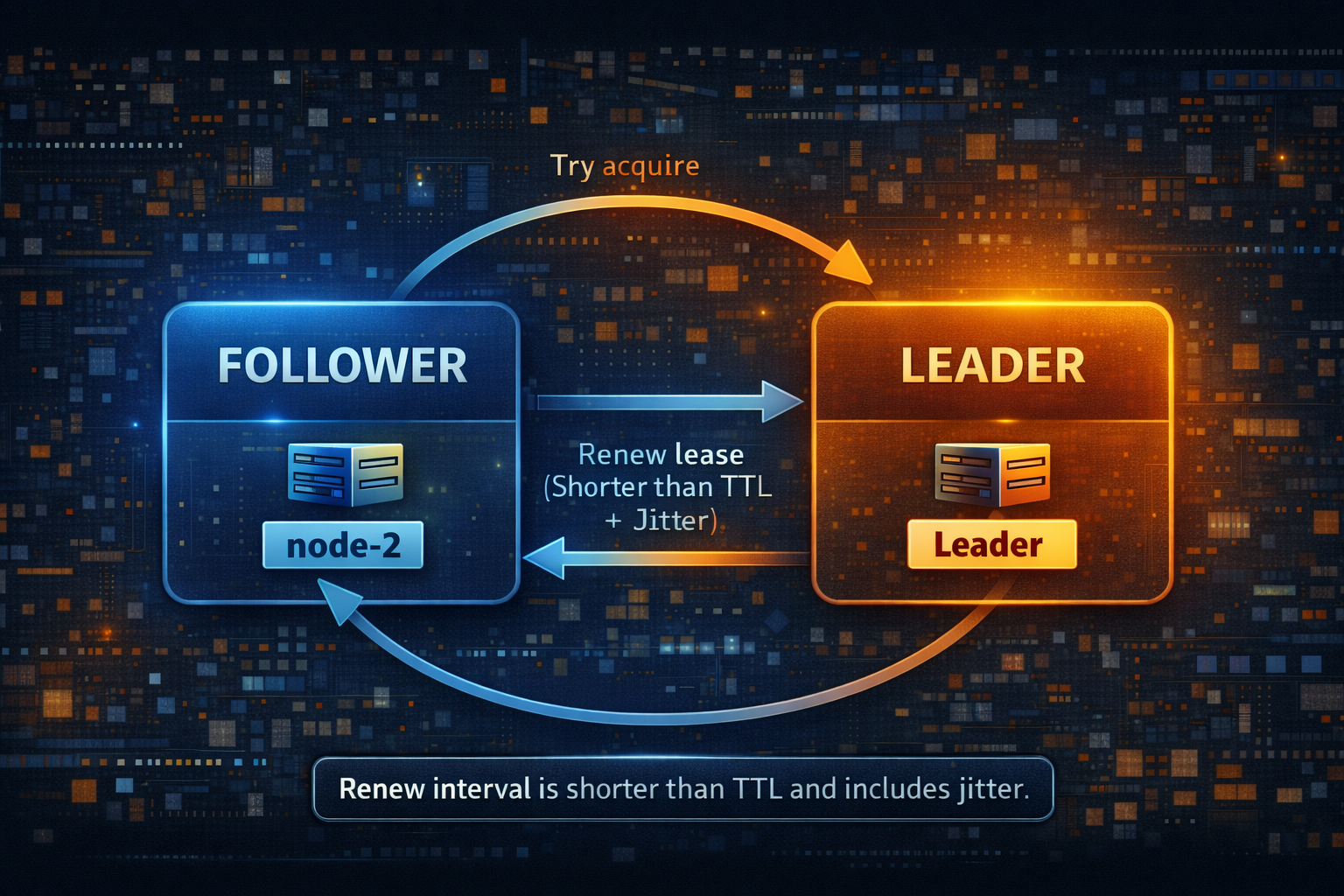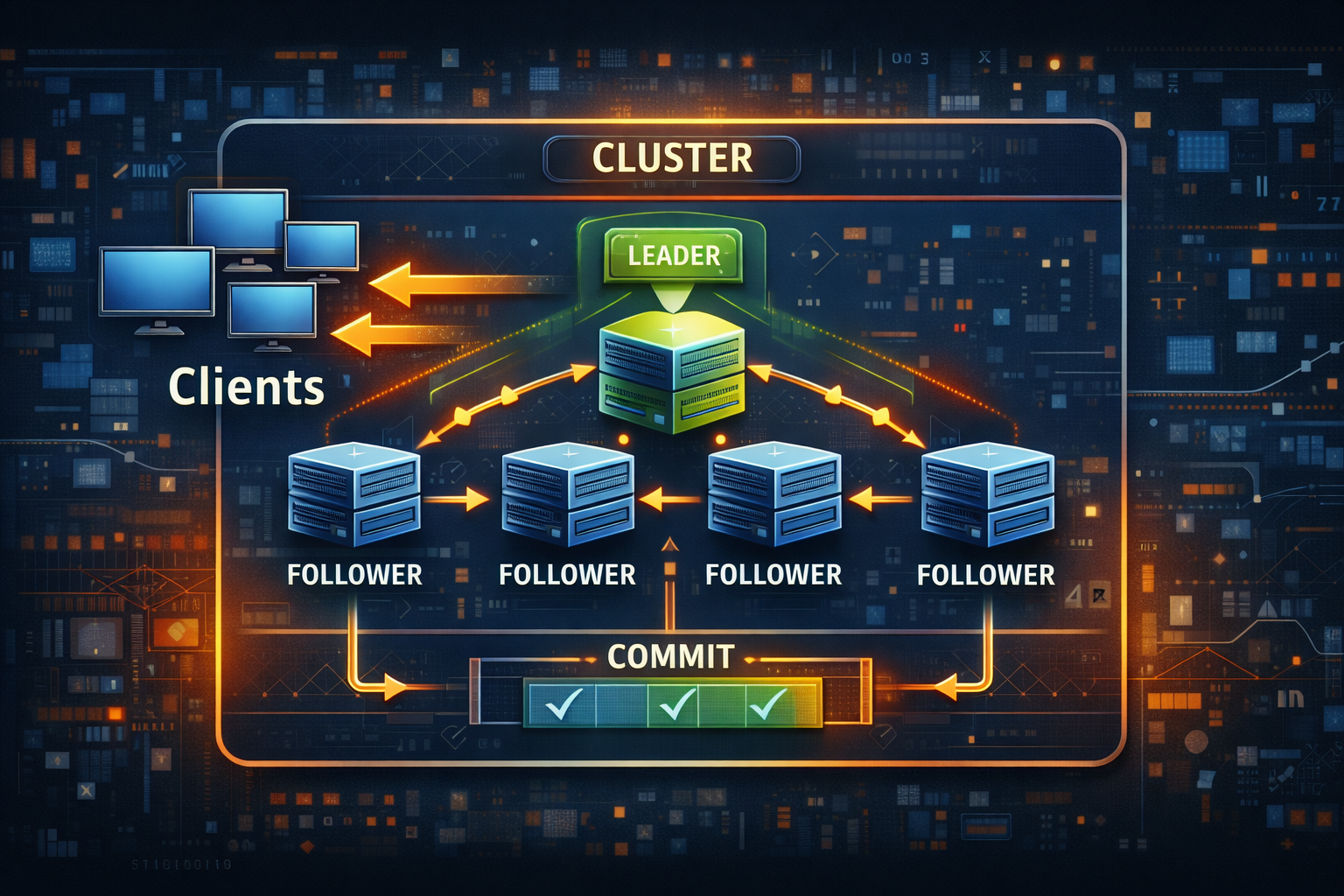
Level Up Your Skills: Learning Rust as a C# Dev
- Chris Woodruff
- January 23, 2025
- Rust
- .NET, C#, dotnet, programming, rust
- 0 Comments
Posts in this Series on Rust for C# Developers
- Part 1: Why Every C# Developer Should Explore Rust
- Part 2: Exploring Programming Paradigms: C# and Rust Side by Side
- Part 3: Syntax Smackdown: Comparing Constructs in C# and Rus
- Part 4: Memory Wars: Garbage Collection in C# vs. Ownership in Rust
- Part 5: Threads, Tasks, and Ownership: C# and Rust Concurrency Explored
- Part 6: Building with .NET and Rust: A Tale of Two Ecosystems
- Part 7: Level Up Your Skills: Learning Rust as a C# Dev
- Part 8: Rust’s Superpower: Speed Meets Smarts
Switching from C# to Rust can feel like stepping into a new world. Suddenly, you’re dealing with ownership, borrowing, and a compiler that’s as strict as your high school math teacher. But don’t worry—you’ve got this. With the right mindset, some practical tips, and a few helpful resources, you’ll go from a Rust rookie to a Rustacean in no time. Let’s dive in!
Mindset Matters: Embrace the Challenge
Before we jump into the tips, let’s talk about the mindset. Rust isn’t just a language; it’s a different way of thinking about programming. You’ll encounter concepts like ownership and lifetimes that might initially feel like hurdles. Instead of fighting them, embrace them as part of Rust’s charm. Every compile-time error is a learning opportunity—and trust me, you’ll see a lot of them at first.
Practical Tips for Getting Started
Here are some battle-tested tips to help you on your Rust journey:
- Start Small: Begin with simple projects. Try implementing familiar algorithms or small command-line tools. This helps you get comfortable with Rust’s syntax and concepts without feeling overwhelmed.
- Understand Ownership: Rust’s ownership model is its crown jewel, but it can be tricky at first. Think of it like passing the keys to a car—whoever has the keys controls the car. Once you’ve got the hang of it, everything else falls into place.
- Borrowing and Lifetimes: Borrowing lets you access data without taking ownership. Lifetimes ensure references are valid. Start simple, and don’t hesitate to revisit concepts as you progress.
- Leverage
Cargo: Cargo is Rust’s build system and package manager. It’s your best friend for creating projects, managing dependencies, and running tests:
cargo new my_project cd my_project cargo run
- Experiment with
std: Rust’s standard library (std) is packed with utilities. Explore collections, error handling, and threading modules to see what’s available. - Don’t Fear the Borrow Checker: Rust’s borrow checker can feel intimidating. Instead of fighting it, try to understand what it’s trying to tell you. The compiler’s error messages are usually detailed and helpful.
- Write Tests: Rust makes it easy to write tests. Start with simple
#[test]functions and expand from there:
#[cfg(test)]
mod tests {
#[test]
fn it_works() {
assert_eq!(2 + 2, 4);
}
}
Resources to Kickstart Your Rust Journey
Here are some must-visit resources for learning Rust:
- The Rust Book: Officially titled The Rust Programming Language, this is the ultimate guide for beginners. It’s free and available online: Rust Book.
- Rustlings: Rustlings is a series of small exercises that help you learn Rust concepts interactively. It’s like a coding dojo for Rust. Get Rustlings
- Crates.io: Dive into Rust’s package registry to explore libraries and dependencies. Visit Crates.io
- Rust Playground: Play around with Rust code in your browser. It’s perfect for quick experiments. Try it here
- Community: Join the Rust community on forums, Discord, and Reddit. Rustaceans are known for being welcoming and helpful.
- Videos and Tutorials: Look for YouTube channels and tutorials tailored to C# developers transitioning to Rust. Practical examples make the concepts stick.
- RustRover: A great IDE made especially for Rust development. Try RustRover
Final Thoughts
Learning Rust as a C# developer is an adventure. It’s not just about picking up another syntax—it’s about rethinking how you write software. While the road might feel steep at first, the payoff is huge. Rust’s focus on safety, performance, and modern programming paradigms makes it an invaluable addition to your toolkit.
So, grab your editor, fire up cargo, and start your Rust journey today. And remember, every Rustacean started where you are now—you’re in good company. Happy coding!
